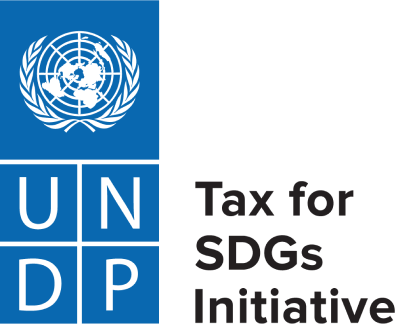More than ever, focusing on healthier lives and prosperity for all is key to sustainable development and peace. Societies globally are recognizing the importance of well-being and equity as indicators of national progress. Taxation stands at the center of this shift, with the power to shape the environments we live, learn and work in. Beyond mere revenue collection, taxation can address the interconnections between health, economy, and the social fabric of our daily lives – which are essential to create cohesive and prosperous societies.
Investing in universal well-being not only fosters a more fulfilled society but also cements trust between citizens and their governments. By emphasizing health and equity, governments lay the foundations for a thriving nation where every individual enjoys a life imbued with meaning and fulfillment. Smart fiscal policies, such as taxes for health and wellbeing can play an instrumental role in achieving these goals. These policies not only help finance essential services but also ensure long-term fiscal responsibility, thereby upholding the promise of a brighter future for generations to come.
Using the experiences of different countries this event, co-hosted by the Government of Norway, UNDP and WHO Regional Office for Europe, illustrates how these nations, with diverse histories and challenges, have utilized fiscal policies to ensure the equitable well-being of their citizens. A distinguished panel of global governmental representatives, economists, tax and health experts has convened for this event. The focus is on how nations can synergize fiscal policies, taxation, and the SDGs to foster societies marked by well-being, equity, and sustainability.
Remarks from Ceren Yürümez, medical student, Global Youth Ambassador at Theirworld, and member of the WHO/Europe Youth4Health Network

